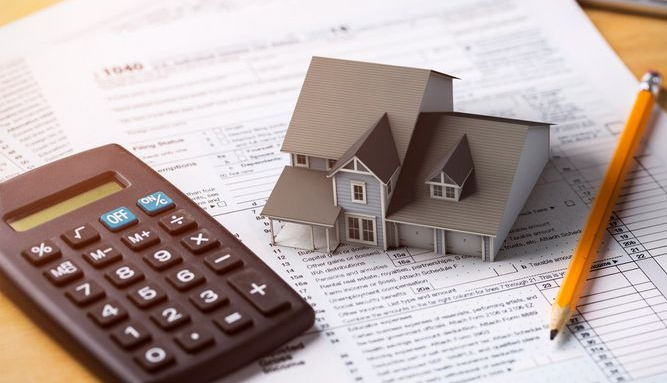|
A net lease is a real estate lease in which a tenant pays one or more additional costs. They usually include property taxes, property insurance premiums or maintenance costs, and are often used in commercial real estate. There are 3 basic types of net leases : - Single Net Leases Often referred to as a Net or N lease, are not as common in the world of rental. In a lease like this, the lessor transfers a minimal amount of risk to the tenant, who pays the property taxes. This means that any other expenses, such as insurance, maintenance and repairs, and public-services are the responsibility of the owner. The owner is also responsible for any maintenance and / or repairs should be done during the course of the lease in the property. Tenants under a single net lease income end up paying a slightly lower standard lease, because of the added cost of property taxes. However, a higher income payment does not relieve the responsibility of the Agen Poker owner to keep these expenses to date. For example, a tenant may miss or make late payments to the municipality, which means that the owner is on the hook for them. These can result in fines and / or additional charges. That's why most homeowners include property taxes on rental payments. They prefer payment pass through them so they know taxes are paid on time and in the right amount. - Double Net Leases Also called NN leases or net-net, are especially well-known in the real estate property business. In a lease of this type, the tenant pays property taxes and insurance premiums, as well as rent. The base rent payable for the space itself is generally lower due to additional expenses that the tenant has to endure. All maintenance costs, however, remain the responsibility of the owner, who pays for them directly. In large commercial developments with more than one space available for rent, like shopping malls and expansive office complexes, tenants can have a different square footage from that of its neighbors. So lessors often allocate taxes and insurance costs to tenants proportionally based on the amount of space leased. Read More : Types of Commercial, Special Purpose, and Mixed-Use Properties Similar to single net lease, lessors should have the additional payments transmitted to them so they can pay the insurance company and the municipality. Although the tenant's contract includes these payments, name of the lessor's tax bill and insurance, which means it is ultimately responsible. By having the tenant pay these expenses directly to him, the lessor can avoid the problems associated with late or missed payments by tenants, which could result in additional charges. - Triple Net Leases Also called NNN leases or net-net-net within the real estate industry, these leases exempt the lessor of most of the risk of any net lease. This means that even the costs of structural maintenance and repairs must be paid by the tenant in addition to rent, property taxes and insurance premiums. Because these additional costs are passed on to the tenant, the lessor usually charges a lower base rent.
When maintenance costs are higher than expected, tenants under triple net leases often try to get out of their leases or concessions for Agen Poker Online rent. To anticipate this happening, many lessors prefer to use a bondable net lease contract. This is a type of triple net lease, which can not be terminated before its expiration date. Moreover, the amount of rent can not be altered for any reason, including unexpected and significant increases in associated costs. According to Agen Poker Terpercaya, Lessors may prefer to use a bondable net lease contract as tenants can try to get out of a pricey triple net lease. These leases may also increase the operating costs of the tenant, and may be on the hook for deductible on insurance policies, and may also be responsible for any damage to property that are not covered by the insurance company. Most triple net leases are long-term contracts lasting more than 10 years, and usually include concessions for rent increases. Tags : Commercial, Leases, Properties, Taxes, Tenants
0 Comments
Leave a Reply. |



